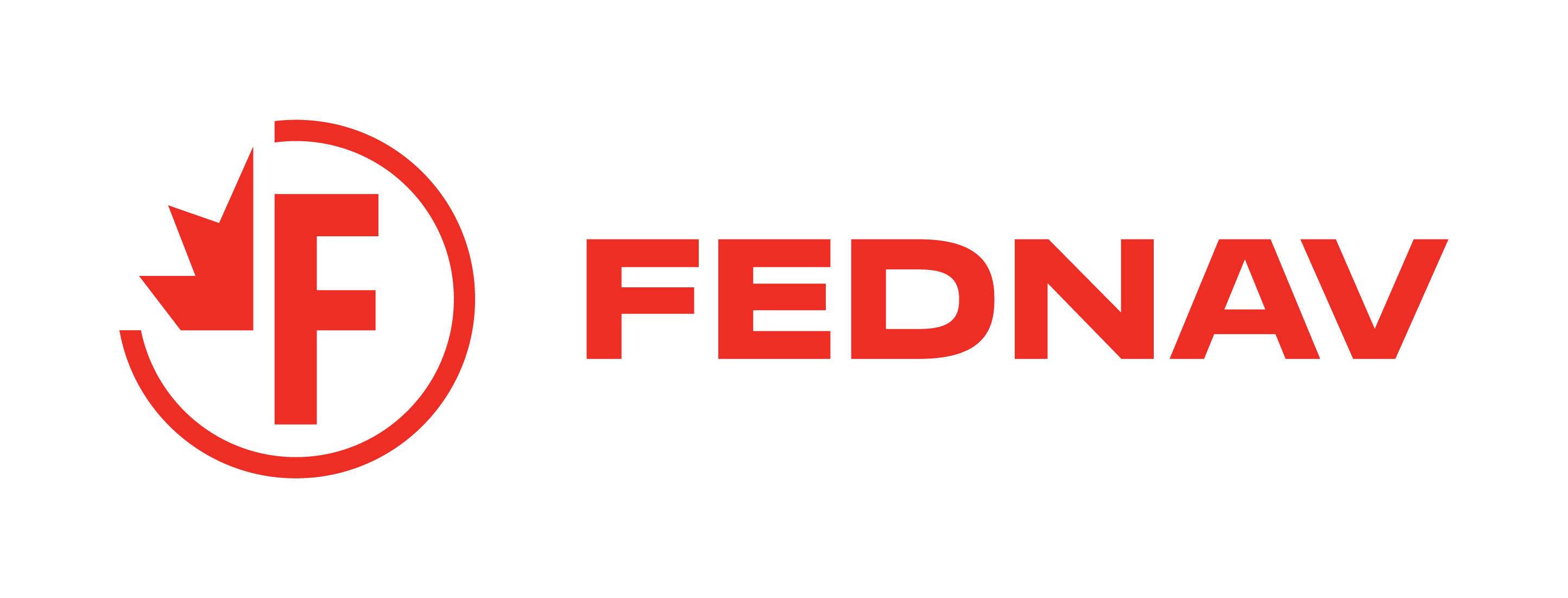TradeWinds
by Joe Brady in Montreal
Paul Pathy has read about it in TradeWinds: shipowners increasingly prefer the nimble approach in volatile markets. They want to be “asset light”.
Pathy then puts away what he is reading and orders more ships. Or charters them in for a long time.
“That’s the trend these days. Everyone wants to be asset light,” the chief executive of Canadian bulker giant Fednav told TradeWinds at his Montreal office.
“We’re the opposite. We’re asset heavy. It suits our business model and our customers’ needs. We have the fleet and want to make sure we maintain control over that. If you can’t control the fleet, you can’t control what you deliver to the customer.”
This means Fednav boasts a fleet of 125 bulkers, with 64 owned. The balance is split between spot or short-term fixtures and long-term charters that can run up to 10 years.
It is in the process of taking in 15 newbuildings over the next three years — five in each year. Two have been delivered, with a third, the 34,050-dwt Federal Montreal, to come in a few weeks. Fednav’s 65th owned vessel will be what Pathy calls “our 75th anniversary ship”, evoking a milestone the company is celebrating this year.
Eight of the newbuildings were ordered by Japanese owners and chartered on terms between five and 10 years — a practice the Canadian owner has employed historically as part of its significant relationship with Japan.
Taking a risk
“A lot of people would say that’s a risky way to play the market,” Pathy said. “When you take a ship for 10 years, it’s basically a speculation, because you don’t have cargo against it.”
Many shipowners or operators take a vessel for a year or two and try to match it with secured cargoes, he noted.
“But we tend to take a long-term view and we make commitments based on getting excellent ships at rates that we feel are competitive over a long-term cycle, and then we try to play it that way. We have the financial wherewithal to take that risk,” he said.
“So what that means is if there’s a major downturn, as there has been over the last two years, we certainly feel it a lot because we have a big, highly committed long-term fleet. But when the market jumps up, we reap the benefit very quickly because we’ve got a reasonably priced fleet in big numbers that’s all at fixed cost.”
A contrary approach is not that unusual for Fednav. When Pathy spoke to TradeWinds in April, he explained why it delights in remaining a private company while others wait for public equity markets to reopen, particularly in New York.
As a private owner, Fednav does not disclose its results. But Pathy said it has enjoyed this year’s rebound in the Baltic Dry Index after a couple of down years, and thinks IMO 2020 will offer further momentum.
Fednav is eschewing scrubbers on its vessels and has done the preparatory work to be ready for low-sulphur bunkers.
“I would expect rates to go up, because fuel is a factor in what the customer ultimately pays for freight,” he said. “Also, when fuel becomes more expensive, ships will slow down and effectively take capacity out of the market.”
Turning to an automobile analogy, such times demand a Toyota Prius hybrid car rather than a Ford F-150 pickup truck, Pathy said.
“With our fleet ships made up of very modern Japanese-built bulkers, certainly our fleet is much closer to the Prius end of that analogy than the F-150.”
https://www.tradewindsnews.com/bulkers/pathy-likes-his-assets-heavy-as-f...





